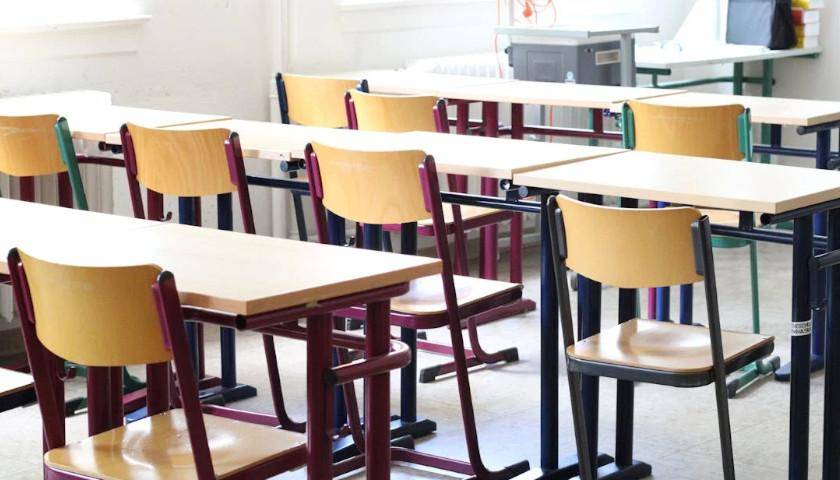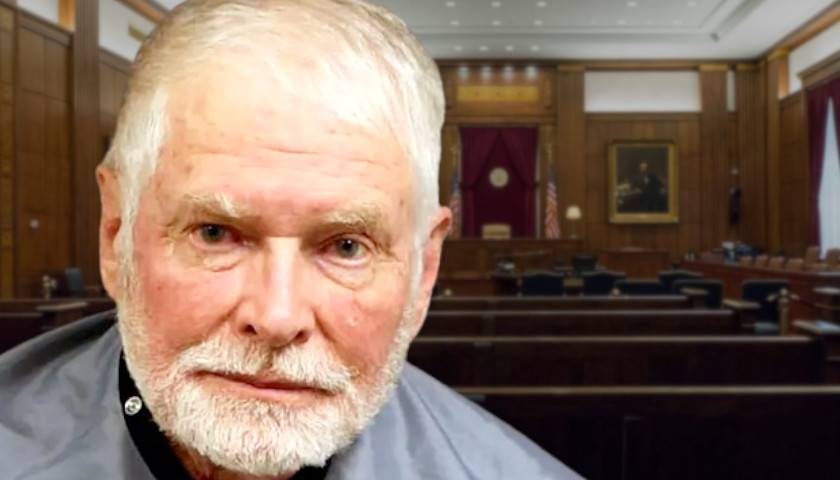by Bethany Blankley
A record number of students are skipping school, propelling chronic absenteeism to a national crisis, according to an analysis of public-school attendance data.
The analysis comes as public school districts nationwide are laying off teachers, citing high inflationary costs, budget deficits, and spending decisions related to federal COVID-era funding, which is running out after schools received windfalls in federal subsidies for three years.
Chronic absenteeism – the percentage of students who missed at least 10% of a school year – surged from 15% of students in 2018 to 28% in 2022, according to an American Enterprise Institute analysis, “Long COVID for Public Schools: Chronic Absenteeism Before and After the Pandemic.”
The analysis relies on AEI’s “Return to Learn Tracker Chronic Absenteeism Data Collection,” which it claims is “the most comprehensive and current data collection on pandemic and post-pandemic chronic absenteeism.” The tracker was created by Nat Malkus, senior fellow and deputy director of AEI’s Education Policy Studies, who is also the author of the report. Malksus collected weekly data on the remote-learning status of 8,600 school districts that collectively educated 89% of public-school students. Not all states reported data by the time of the report’s 2024 publication.
During the 2021–2022 school year, 28% of students were chronically absent, an increase of roughly 89% over pre-pandemic rates, his analysis found.
Although chronic absenteeism fell in 33 of 39 states reporting data since 2022, his analysis found that it remained 75% higher in 2023 than “the pre-pandemic baseline.”
“Chronic absenteeism increased for all district types, but rates were highest in districts with low achievement and higher poverty, affecting over one in three students,” Malkus says.
Current chronic absenteeism is “the most pressing post-pandemic problem in public schools,” Malksus argues, and is anticipated to “severely hamper” any improvements to COVID-era learning losses. Extended school closures, preventing in-person instruction, and remote learning programs caused historic and decades of learning losses for grade school students, The Center Square has reported.
“Unfortunately, nearly four years after the start of the pandemic, chronic absenteeism rates indicate that the ‘Return to Learn’ name is still apt,” Malkus said. “Even though nearly every school returned to in-person instruction over two years ago, many students have not fully returned to school in earnest.”
A New York Times analysis of the data found that “The trends suggest that something fundamental has shifted in American childhood and the culture of school, in ways that may be long lasting. What was once a deeply ingrained habit – wake up, catch the bus, report to class – is now something far more tenuous.”
The Times report points to parental relationships disintegrating with school boards as one reason for chronic absenteeism.
“The habit of daily attendance – and many families’ trust – was severed when schools shuttered in spring 2020,” the Times states. “Even after schools reopened, things hardly snapped back to normal.”
Several reports have pointed to parents pulling their children out of public school nationwide ,citing destructive lockdown policies, including mask mandates, as well as other problems leading to learning losses. Others have pointed to the FBI being weaponized against parents for raising issues with school boards, leading to congressional investigations.
– – –
Bethany Blankley is a contributor to The Center Square.





